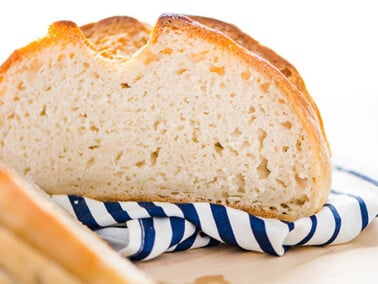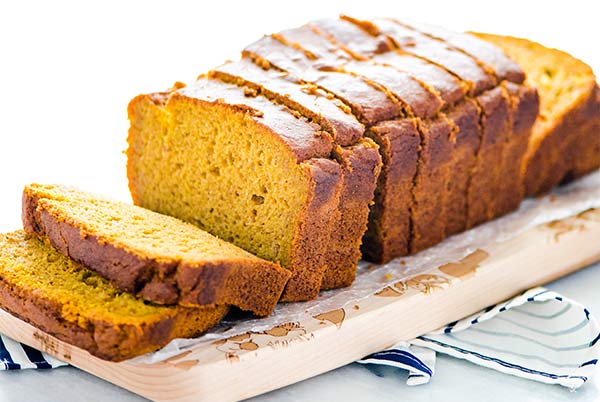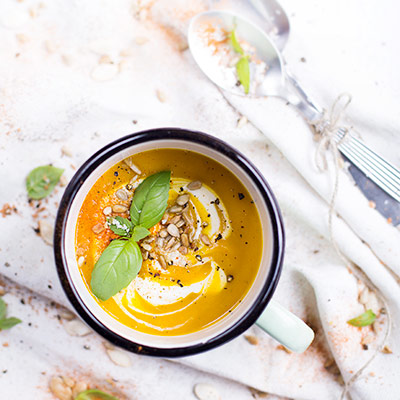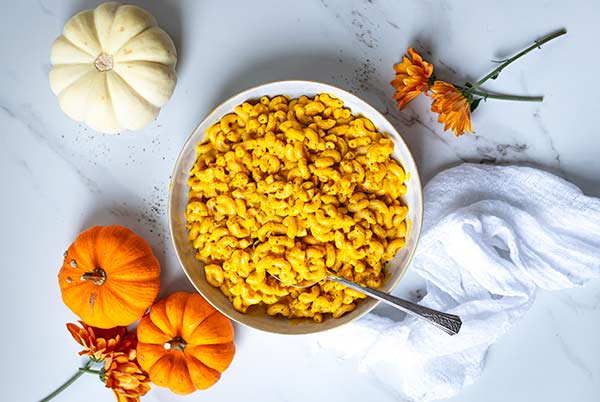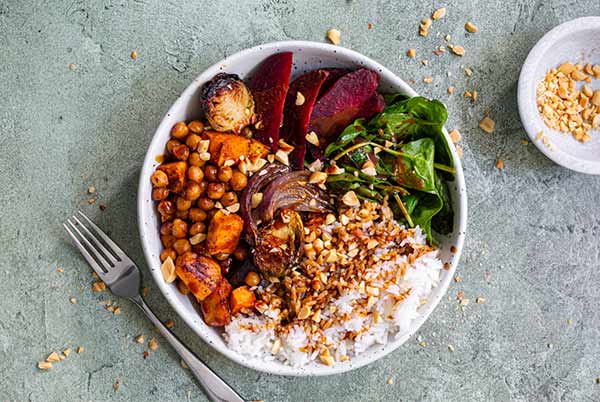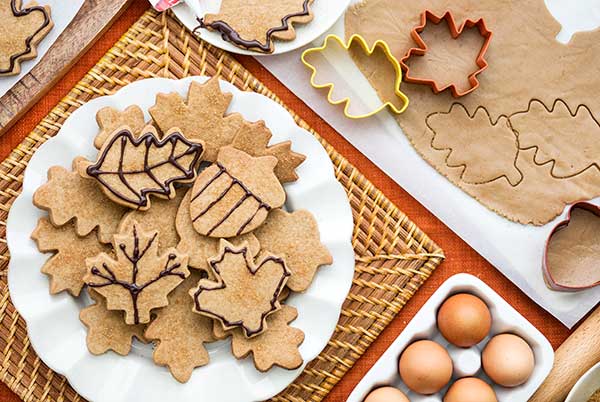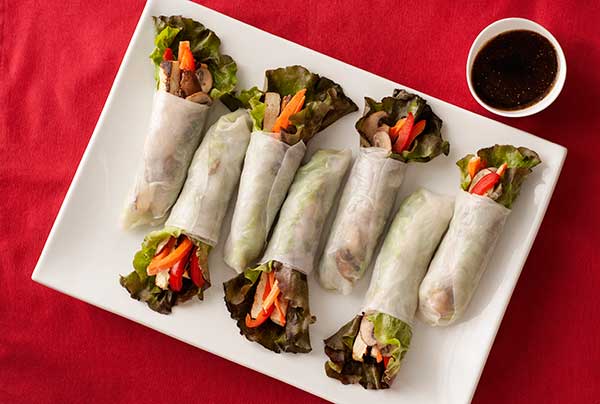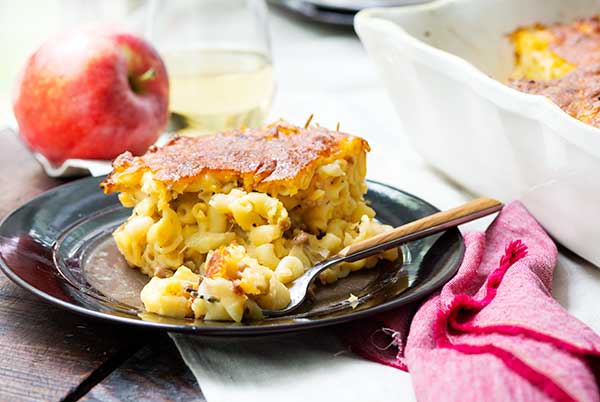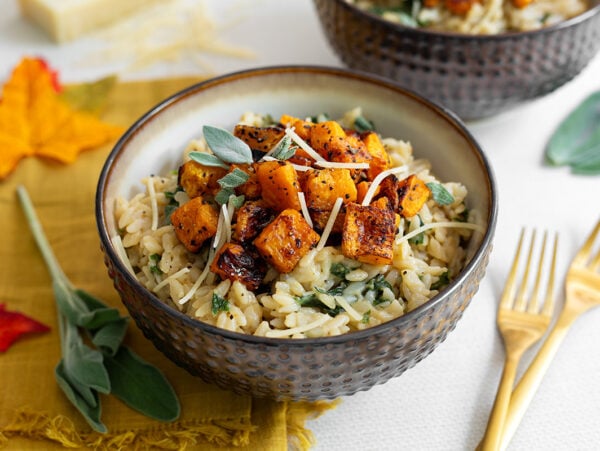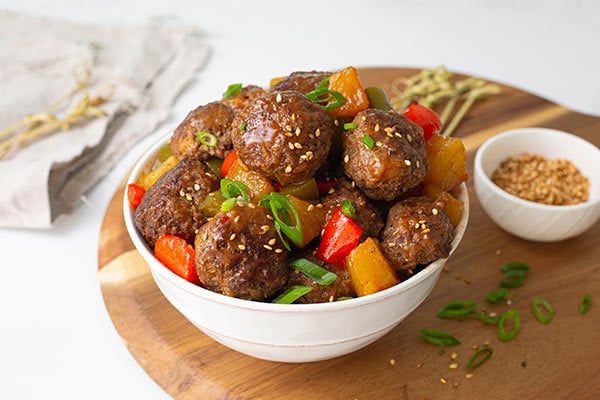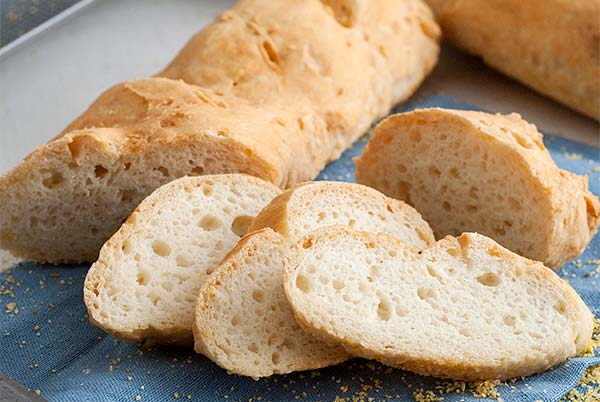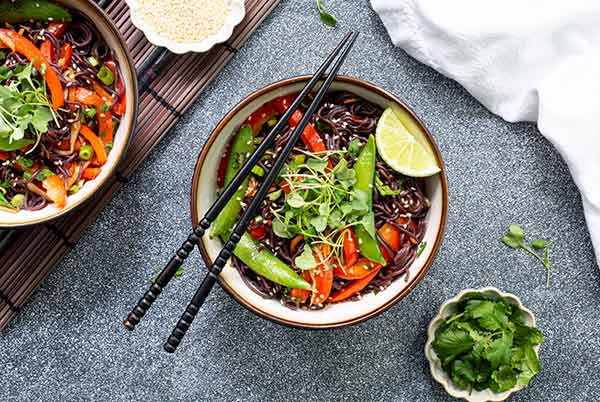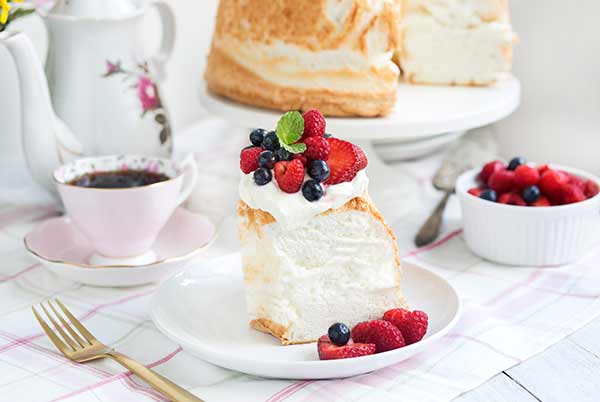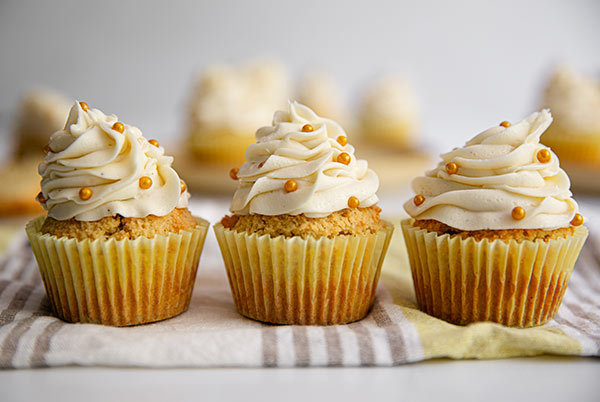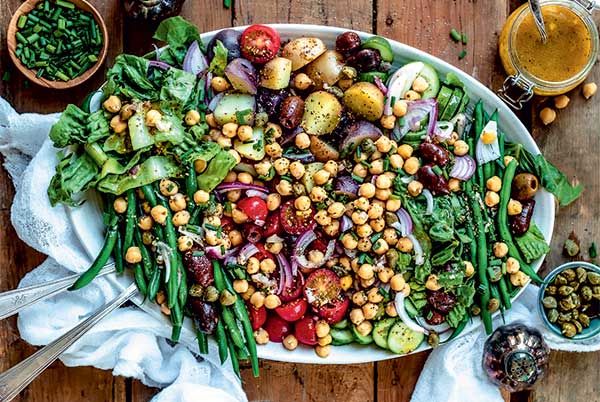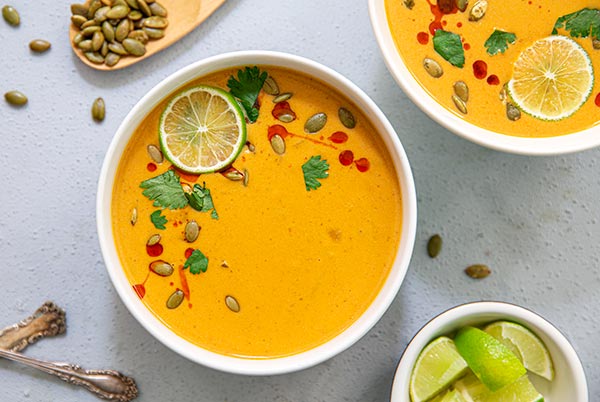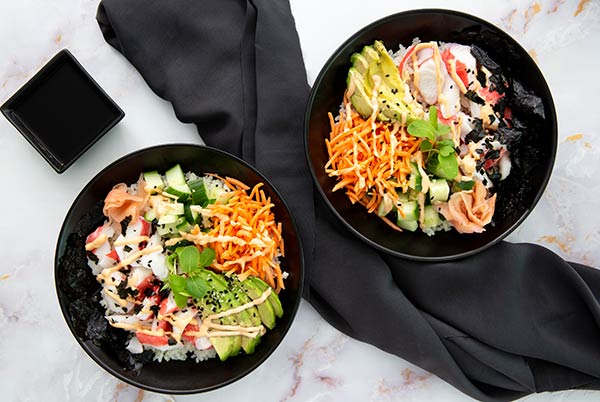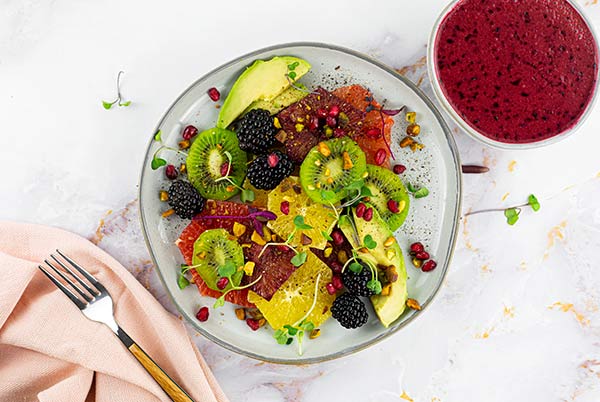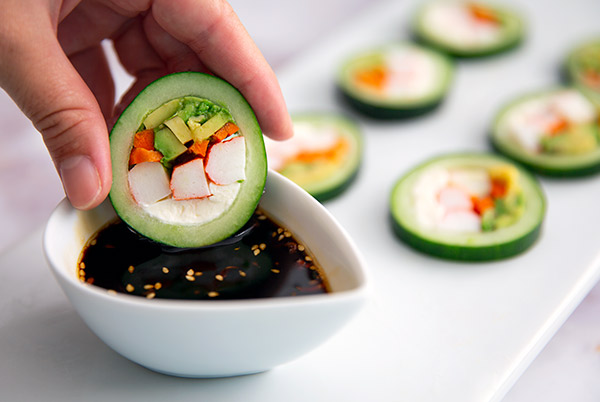Discover Delicious Gluten-Free Recipes
hello pumpkin!
Check out some of our favorite pumpkin recipes
GFGluten FreeGRGrain FreeEFEgg FreeNFNut FreeSFSoy Free
No-Bake Chocolate Pumpkin Dessert
GFGluten FreeSFSoy FreeVGVegetarian
Gluten-Free Sourdough Pumpkin Bread
GFGluten FreeGRGrain FreeEFEgg FreeNFNut FreeRSRefined Sugar Free
Pumpkin Soup
GFGluten FreeGRGrain FreeEFEgg FreeNFNut FreeRSRefined Sugar Free
Chilled Curried Pumpkin Soup “Milkshakes”
GFGluten FreeDFDairy FreeEFEgg FreeRSRefined Sugar FreeSFSoy Free
Dairy-Free Pumpkin Mac & Cheese
And some fall faves
GFGluten FreeDFDairy FreeEFEgg FreeVGVegetarian
Fall Harvest Thai Peanut Buddha Bowl
GFGluten Free
Gluten Free Fall Cookies Recipe
GFGluten FreeDFDairy FreeGRGrain FreeEFEgg FreeNFNut Free
Gluten Free Fall Spring Rolls Recipe
GFGluten FreeDFDairy FreeVGVegetarian
Gluten-Free Old Fashioned Apple Pie
GFGluten FreeDFDairy FreeEFEgg FreeNFNut FreeSFSoy Free
Gluten-Free Apple & Sausage Mac n’ Cheese
The Latest
GFGluten FreeDFDairy FreeEFEgg FreeNFNut FreeSFSoy Free
Allergen-Free Halloween Cookie Chocolates
GFGluten FreeEFEgg FreeNFNut FreeRSRefined Sugar FreeSFSoy Free
Gluten-Free Creamy Orzo with Roasted Butternut Squash, Kale & Parmesan
GFGluten FreeDFDairy FreeNFNut Free
Gluten-Free Crockpot Hawaiian Meatballs

Welcome
You’ve just landed in your gluten-free happy place! Gluten Free & More is America’s #1 allergen-free magazine, and we’re proud to be a vibrant collection of gluten-free voices, stories, and recipes that inspire and uplift.
Most Popular
GFGluten FreeNFNut FreeSFSoy FreeVGVegetarian
Gluten Free Easy, Easy, Easy! French Bread Recipe
GFGluten FreeDFDairy FreeEFEgg FreeRSRefined Sugar FreeVGVegetarian
Boost Your Day with a Dragon Fruit Smoothie Bowl
GFGluten FreeDFDairy FreeEFEgg FreeNFNut FreeRSRefined Sugar Free
Gluten-Free Black Rice Noodle Stir-Fry
GFGluten FreeNFNut FreeSFSoy Free
Gluten Free Angel Food Cake Recipe
GFGluten FreeGRGrain FreeVGVegetarian
Grain Free Vanilla Cupcakes
Find the perfect recipe
Search by ingredient, meal type, or keyword to find your next favorite dish.
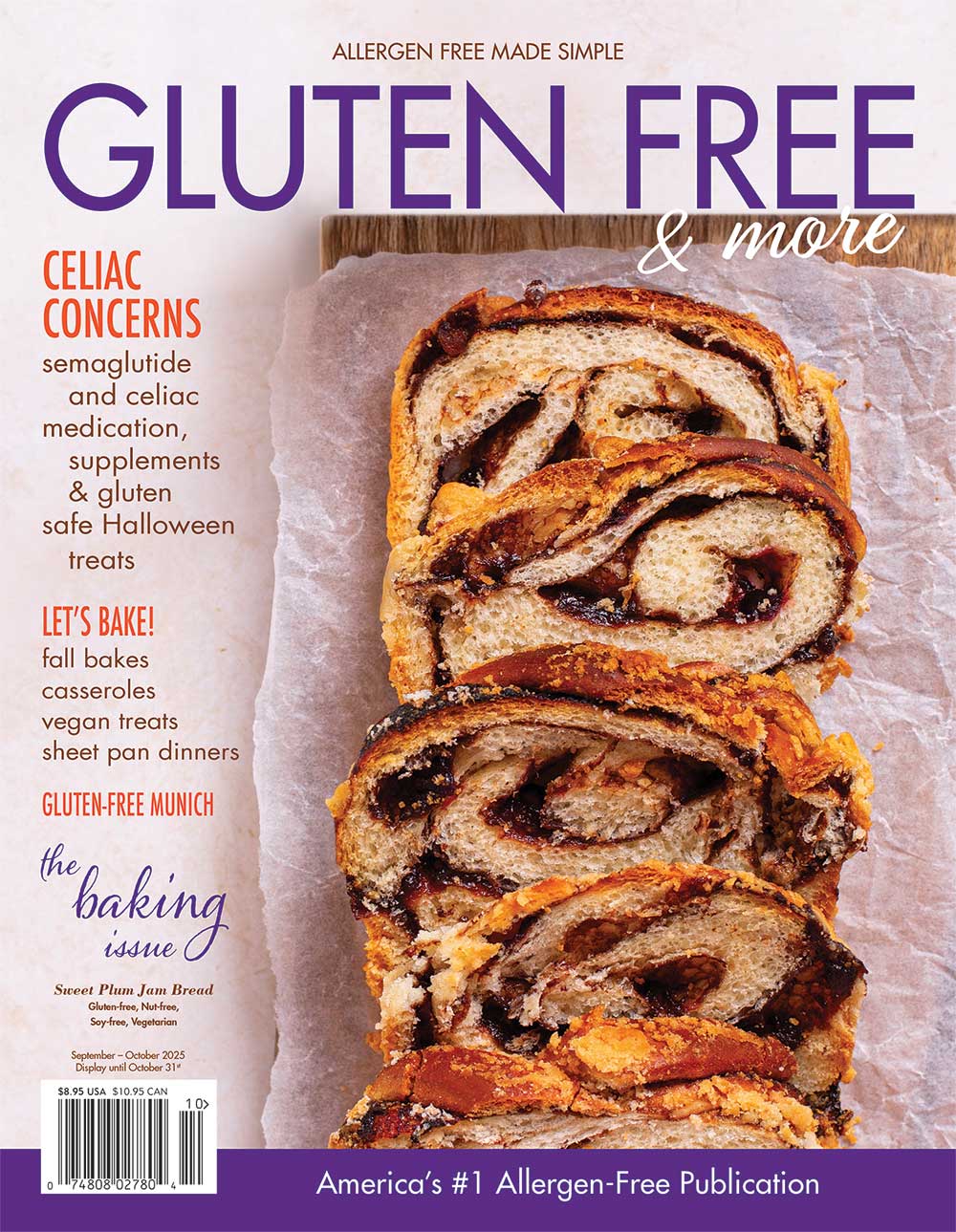
Never miss an issue!
Gluten Free & More Magazine is America’s number one gluten and allergen-free magazine. Subscribe now and save up to 62%
Figure Friendly Favorites
GFGluten FreeDFDairy FreeGRGrain FreeEFEgg FreeNFNut Free
Chickpea Salad Niçoise
GFGluten FreeDFDairy FreeGRGrain FreeEFEgg FreeSFSoy Free
Dairy-Free Thai Pumpkin Soup
GFGluten FreeDFDairy FreeEFEgg FreeNFNut FreeVGVegetarian
California Sushi Bowls
GFGluten FreeGRGrain FreeEFEgg FreeVGVegetarian
Citrus Avocado Salad with Blueberry Vinaigrette Recipe
GFGluten FreeEFEgg FreeNFNut Free
Cucumber Sushi
Even More To Explore

stay in touch!
Sign up for our monthly newsletter and join our gluten-free community.








